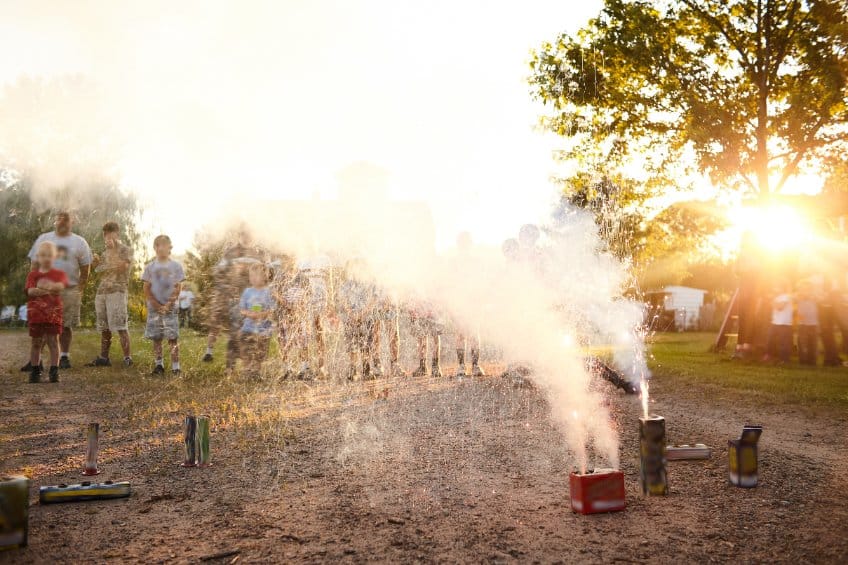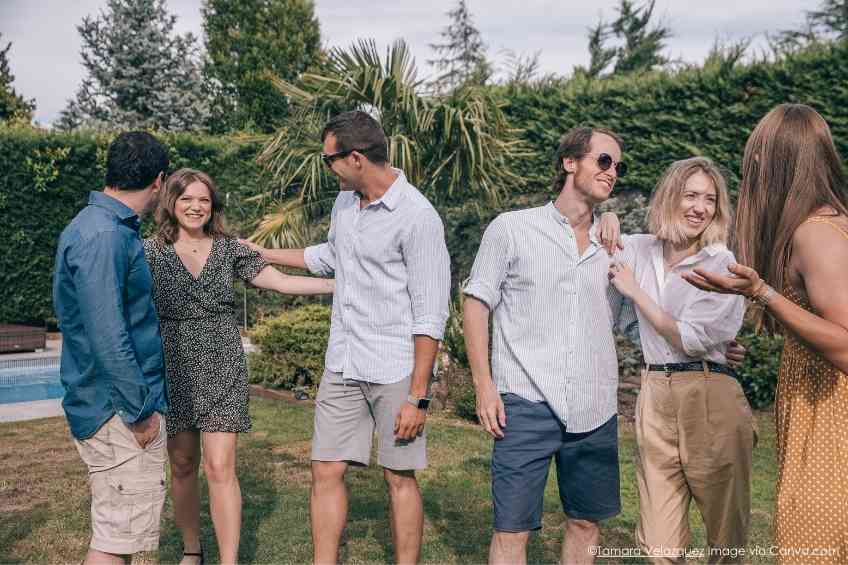The Skinny:
Fireworks and July 4th have been synonymous since the ink dried on the Declaration of Independence in 1776. Founding father and the second president of the United States, John Adams, may be as responsible for the association as anyone. He wrote Abigail, his wife, that independence “ought to be commemorated, as the Day of Deliverance by solemn Acts of Devotion to God Almighty. It ought to be solemnized with Pomp and Parade, with Shews, Games, Sports, Guns, Bells, Bonfires and Illuminations from one End of this Continent to the other from this Time forward forever more.” Well, Adams’s suggestion certainly took root. Unfortunately, no good deed goes unpunished. Fireworks may be an integral part of the July 4th celebrations, but they are also responsible for the growing number of related injuries and deaths. The Consumer Product Safety Commission reports that there are now close to 20 deaths yearly because of July 4th fireworks celebrations and more than 15,000 injuries. The damage done to fingers, faces, heads and eyes if anyone is wondering. No one argues that the associated dangers should preclude using fireworks to celebrate the Glorious 4th. But the risks should encourage everyone to take precautions if they are interested in lighting the night. WellWell is helping by supplying some tips on fireworks safety. Read on.
The Slate:
Learn The Laws
Regardless of state regulations, the Federal government bans the sale of a lot of heavy-duty fireworks. Think “reloadable mortar shells, cherry bombs, aerial bombs, M-80 salutes, and larger firecrackers containing more than two grains of powder.” Many state and local governments also prohibit the sale of “class C fireworks” for consumer use. So, know the law before lighting up.
Location, Location, Location
Before setting anything off, select a safe place to fire up. It should be open, flat and sturdy. And nothing flammable should be nearby. Avoid areas with trees, high dry grass and buildings. And remember, loud noises too close to unsuspecting others can create problems.
Hear This
Improper use of fireworks may not just cost a finger or eye but can also lead to hearing loss. Anything above 85 decibels can impact hearing for an hour or more. Reach 150 decibels and sustain long-term damage. The safe play is either to use a delayed fuse that lets someone move away from the blast or to use ear plugs.
Water At Hand
There is always the risk of fire when lighting up these blasts, so it is important to keep a bucket of water or hose close by to put out any stray sparks or small flames. Dampen down the areas after the celebrations and to soak any unexploded devices.
Not Kids Plays
Children may love fireworks, but that doesn’t mean they should play with them. Firecrackers and rockets are no-goes for kids. Even sparklers, which may seem harmless, can be dangerous if they touch skin, clothing or hair. Adult supervision is critical.
Eyes Have It
Wearing protective eyewear is a wise choice when it comes to fireworks. Approved eyewear not only projects eyes from projectiles or blasts but can also limit injuries from glare. If an eye injury occurs, get immediate professional medical attention.
Decent Disposal
Afterwards, make sure the fireworks cool off before handing them. It is a good idea to use gloves. Also, check that all fires and sparks are out, and pick up all spent fireworks, matches, etc. and dispose of them properly to prevent littering and water pollution from gun powder.
Eyes Up:
Do you have another suggestion for fireworks safety? Let us know at info@wellwellusa.com.
WellWell editors independently identify services and products of interest. If readers purchase anything through the associated links, WellWell may earn a commission, which goes to support our work. Learn More.













